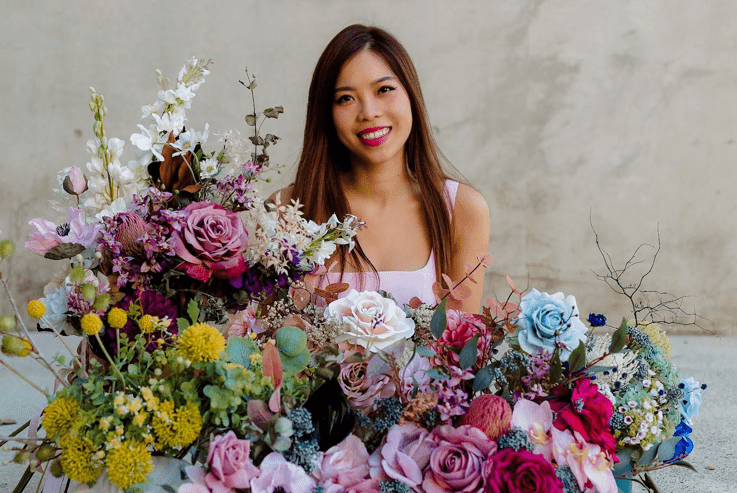Australia joins the global celebration of International Women’s Day under the theme of #InspireInclusion. Within our entrepreneurial landscape, women find an increasingly welcoming and diverse environment to lead businesses.
Recent government data highlights a significant shift in Australia’s small business landscape, with women now comprising approximately one-third of small business owners.
Between 2006 and 2021, female entrepreneurship surged by an impressive 24 percent, eclipsing the growth rate of male counterparts by over threefold.
Moreover, the trajectory of female entrepreneurship is on an upward trajectory. Presently, women represent 36 percent of small business owners, reflecting a notable increase from 31 percent in 2001.
However, migrant and refugee women encounter unique challenges within the labour market. They are 7 percent less likely to secure employment compared to those born in Australia.
The unemployment rate among migrant women in Australia stands at 6.29 percent, slightly higher than the 5.40 percent rate for Australian-born women and migrant men.
Despite these obstacles, many migrant women are flourishing in the entrepreneurial sphere. Their stories serve as shining examples of inclusion, demonstrating how they leverage their cultural identity and business acumen to succeed.
Cyana Duong, 30, Vietnamese “Failure is just a stepping stone for your success”

Cyana Duong moved to Sydney, Australia from Vietnam at 17 years old. She did not speak English at the time and worked menial jobs to earn a living.
In 2018, she faced difficulties covering her rent after losing her job, leading to a period of homelessness.
“I felt lost, I didn’t have any home and I was very scared.”
In the darkest of times, Cyana kept remembering the happy memories of making paper flowers with her twin sister Hine back in Vietnam.
Hine suffered brain damage during birth and lives in Vietnam under full-time care.
In 2019, Cyana embarked on her entrepreneurial journey by establishing Camie Fleur, a floral business. Initially, she crafted intricate flower arrangements presented in charming gift boxes, which she then marketed on Facebook Marketplace at an affordable price point.
“It’s crazy to think that this started from a flower box, then all the flowers in my own bedroom, and then to the garage.”
Cyana is actively recruiting women who share similar backgrounds to join her flourishing business and contribute to its growth.
“I know how hard it is, I went through a period of difficulties, [now] I want to be able to provide them with job opportunities.”
After the success of Camie Fleur, Cyana now wants to expand into the sustainable homeware sector with her second business, Genessa. The venture imports handmade pieces from Vietnam.
She said she wanted to support her community by providing “job opportunities and income to the Vietnamese villagers and farmers with disabilities.”
This article is featured as part of Back Cover News’ Migrant Women in Business Series, coinciding with International Women’s Day 2024.

